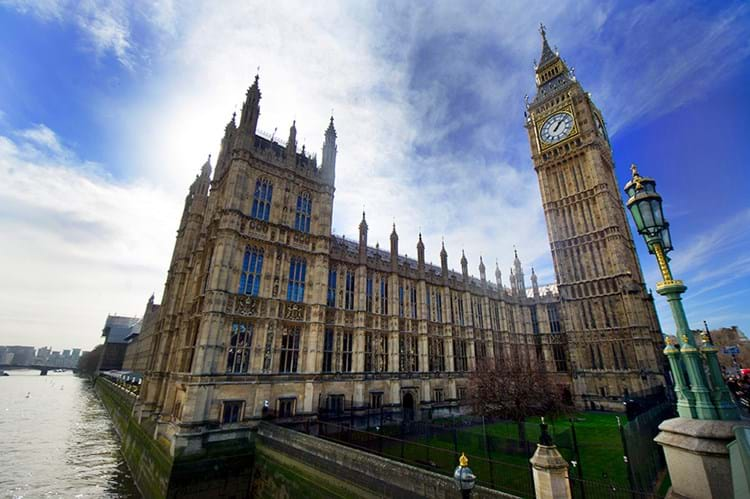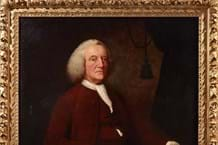
In the reshuffle, announced on July 24, Nicky Morgan has replaced Jeremy Wright as the secretary of state for digital, culture, media and sport (DCMS). Morgan, a former education secretary, becomes the eighth culture secretary in nine years.
Theresa Villiers is now the new secretary of state at the Department for Environment, Food and Rural Affairs (Defra), replacing Michael Gove, who moves to the Cabinet Office. She is the sixth person to be appointed as Defra secretary since 2010.
Gove became Defra secretary in June 2017 and led the move toward a ban on the trade in antique ivory which culminated in the Ivory Act 2018. The act is expected to become law this year. However, a High Court judge has given the go-ahead for a full hearing on the legality of the act in the autumn.
The British Art Market Federation (BAMF) will continue its discussions with key members of parliament on issues facing the trade such as tax and anti-money laundering regulation.
Freya Simms, chief executive of LAPADA, said: “A positive is that the new cabinet is now more diverse and has a number of women in key roles, these of course include Nicky Morgan and Theresa Villiers.
“I find it interesting to be commenting on both when one is an apparent ardent Remainer and the other a Brexiter who champions a no deal Brexit citing the UK could flourish under WTO Terms. Perhaps this will ensure an impassioned and balanced debate around the table at No.10!
Policy focus
“Whether they will be helpful to the art and antiques trade is a conundrum that is yet to be answered. Theresa Villiers has been a long term champion for animal rights and vocal in her support of the ivory trade ban in the UK and Nicky Morgan as education minister heralded STEM subjects above the arts. There was a small shout out from Boris Johnson for the UK's 'enormous strength of this economy in life sciences, in tech, in academic, in music, the arts, culture....' and if this is the starting point for policy then things could look up.”
Marco Forgione, chief executive at BADA, added: “As the country prepares for Brexit we hope to work closely with both secretaries of state and their teams to bring them up to speed with the issues faced by the art and antiques market – a market which can play a central role in developing the UK’s economy post-Brexit, both in reinforcing the UK’s global brand as well as attracting visitors to the UK and growing the national economy.”






